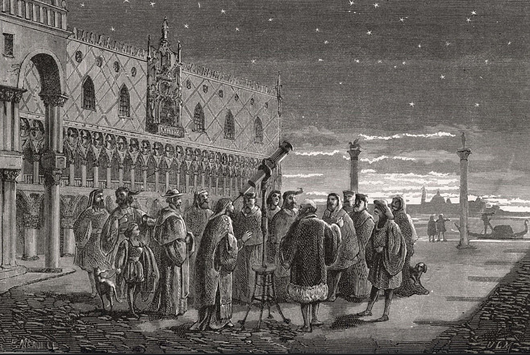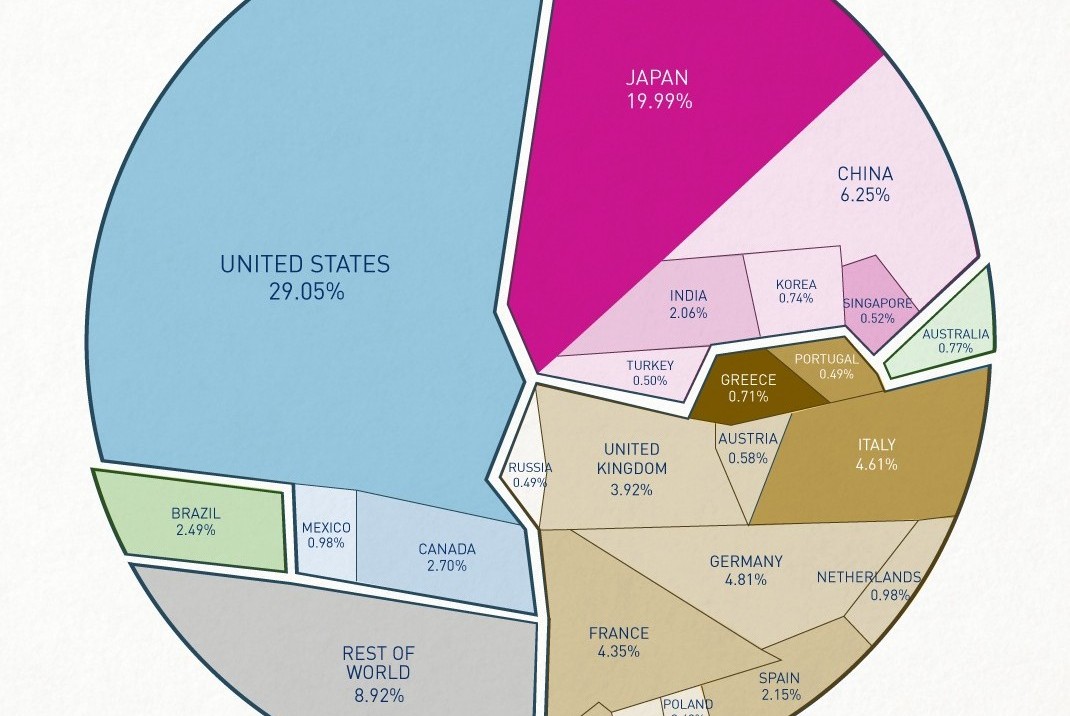Science communication not always meant to get published in journals.
From the beginning of science, personalities such as Aristotle, Galileo and Newton spread their theories among small groups of people. These groups started contesting and inquiring what was presented to them. Just like that a culture of questioning things started and developed to what we understand now as making science.
Even when the term “science” was not well known, there were great thinkers to discuss the most ordinary facts of the daily life. Those thinkers did not settle for unquestioned facts. They felt the urge to prove themselves in an attempt to find the right answer.
When Popper arrived to the scenario, the falsifiability principle of science was built. Then, science took a major turnaround. From that moment until the present day, it was settled that one could never prove something right, only prove something wrong. With this simple and well-based principle, science communication would never be the same. Years went by and new ideas came up. The world seemed to be spinning very fast with the amount of new discoveries made every day. Together with a high quantity of new discoveries, came the unreliability of some studies and theories. For that reason, thinkers of the time felt the need to put together a group of people that could discuss and break down theories that were not well-based.
Years went by and new ideas came up. The world seemed to be spinning very fast with the amount of new discoveries made every day. Together with a high quantity of new discoveries, came the unreliability of some studies and theories. For that reason, thinkers of the time felt the need to put together a group of people that could discuss and break down theories that were not well-based.
The system of revising studies was then stablished. In order to have your discoveries well-known and respected, you had to get the approval of experts on that matter. Only then, your study would have the permission to be published in reliable journals and be read by many other people.
Science communication is not new as we think. It is a process that got adapted through time. Science got split up in several other subjects depending on the nature of each study. Thus, it is not a surprise to think that the way each subject developed to communicate took different patterns too.
In this video we can see how physicists went by communication issues:
Science communication is improving all the time. New tools are being created in order to adapt how information spread around the modern world. Terms such as article of the future, graphical abstracts and scientific infographics are the new trends for the present and future generations of scientists.

Subscribe to our newsletter
Exclusive high quality content about effective visual
communication in science.






